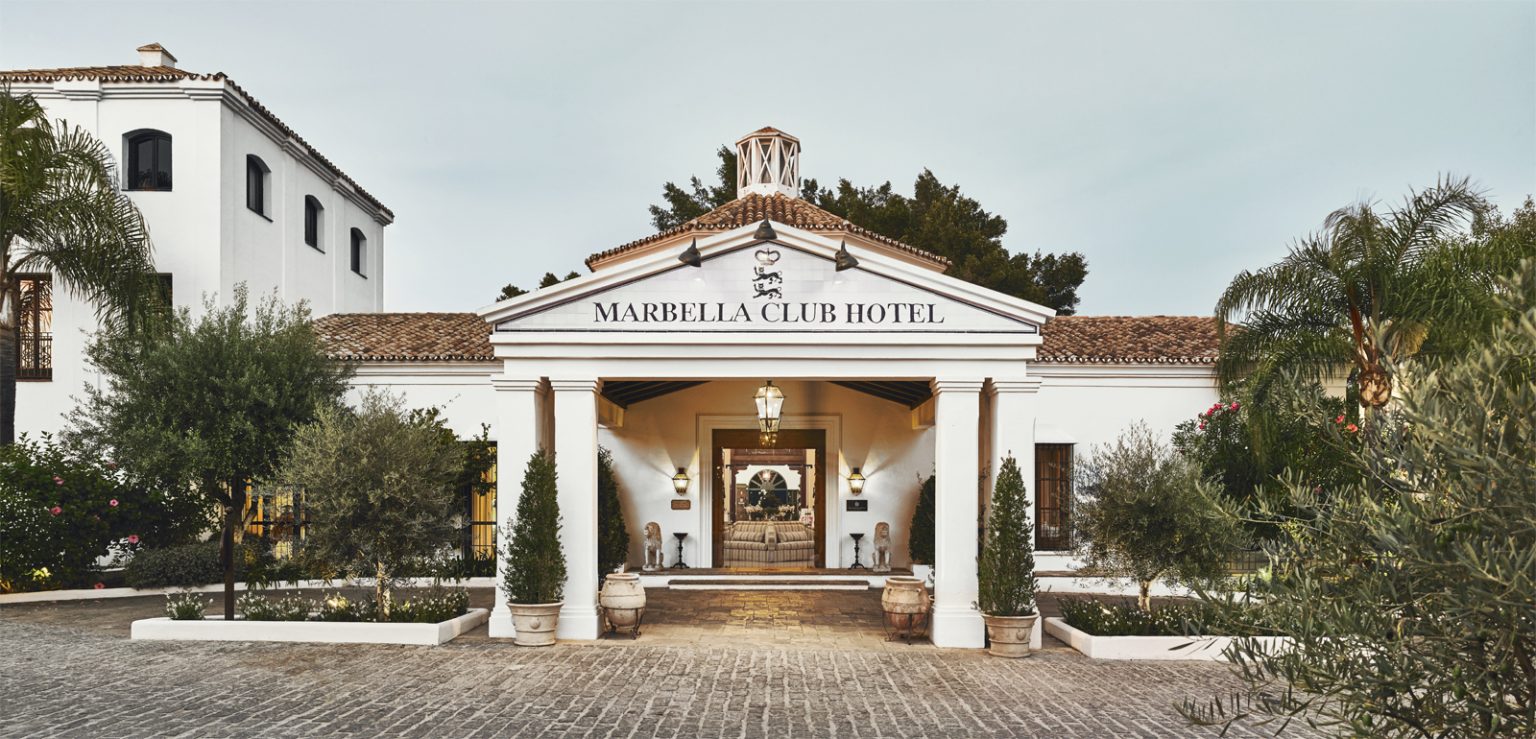Summarize this content to 2000 words in 6 paragraphs
I’ve long argued that some instances of so-called luxury hospitality have become an assembly line. Major hotel groups, in their pursuit of more profit, have attempted to standardize and scale what was once a craft. Think shoddy buildouts, inexperienced staff, and a mindset that treats guests as suckers with fistfuls of cash.
The factory farming of luxury has created endless playbooks and protocols, turning the art of genuine hospitality into a series of predictable touchpoints. But in doing so, they’ve created an opening for something more interesting to shine through: the family-owned luxury hotel.
The timing couldn’t be better. As I wrote in Skift’s Megatrends, many travelers are growing weary of conspicuous consumption and manufactured experiences. They’re pushing back against exorbitant rates that don’t deliver commensurate value, and are instead seeking experiences that are understated, thoughtful, and deeply personal.
Beyond Transactional Hospitality
The Baur au Lac in Zurich offers a masterclass in this approach. Speaking with Marguita Kracht, whose family has stewarded the property for generations, you begin to understand the profound difference in how owner-led properties think about hospitality. “When it comes to how we renovate within the hotel, we’re probably different than a hotel run by a corporate office,” she explains. “We’re free to craft the experience how we think it should be.”
You see the impact of this freedom in countless subtle ways. While corporate properties optimize even their fruit baskets for cost efficiency, the Baur au Lac thinks in decades, not quarters. “My father told me, ‘You decide – you have to live with this the longest,’” Kracht shares, highlighting the weight of generational stewardship.
But perhaps most telling is where the property’s excellence truly lies. “When I get compliments, 99% are about a specific member of the staff and how that person made the guest feel. It’s rarely about the quality of the mattress or the design of the carpets.”
In an industry obsessed with thread counts and amenity lists, this focus on human connection is revolutionary. The property’s doorman of 45 years just retired. And hearing Kracht talk about him brings to mind the fact that he transcended just being an employee – he’s a living embodiment of the hotel’s commitment to authentic Swiss hospitality. And the key is to set the stage for other staff members to have the same level of impact and emotional resonance over time.
This commitment to consistency runs deep. As Hotels Magazine reported, the Baur au Lac has had only five general managers in its 175+ year history. The family follows two guiding principles: only one family member runs the business at a time, and profits are continually reinvested back into the hotel. This approach proved particularly valuable during the pandemic, when the property never closed and quickly rebounded to sustainable occupancy levels.
The Economics of Emotional Intelligence
Carlos Quereda of Querido Hotels articulates this approach brilliantly. His company doesn’t just curate properties; they curate families passionate about hospitality. “We handpick only the nicest families with a real understanding of hospitality,” he says. “The secret sauce is how well they take care of their teams, making them feel like family.”
Having cut his teeth at the family-owned Marbella Club, Quereda realized the difference in working with family owned properties that think about the long game: relationships with guests that span generations, focusing on the nuances and the right vibe of design, thoughtful evolutions, and support of local economies.
This isn’t sentimentality — it’s smart business. Recent data shows these owner-led properties are increasingly outperforming corporate luxury brands. Top travel advisors report growing client interest, and booking data confirms a significant shift.
Reimagining Purpose
The emerging “post-luxury” traveler has sophisticated expectations. They want properties that demonstrate intentional design, feel homespun, create meaningful local economic impact in creating jobs and sourcing, and, importantly, offer personalized, heartfelt service.
Predictably, corporate chains struggle to replicate this. The standardized service models and shareholder-driven metrics creates a tension where the guest loses, as evidenced in the past several years, leading to a luxury guest revolt. In contrast, family-owned properties offer something tangible but also spiritual — a sense of place, of passion, of genuine care.
Consider Fogo Island Inn in Newfoundland, where the property’s profits directly support the local economy and celebrate regional heritage. Or Ett Hem in Stockholm, which feels more like a curated home than a hotel. And Marbella Club which softly communicates its longstanding integrity in the Spanish sun. These aren’t just accommodations; they’re living, breathing expressions of cultural stewardship.
The Long Game
What sets family-owned properties apart is their generational perspective. They’re not chasing quarterly profits but building legacies. When Kracht discusses renovations, she speaks of decisions made for the long run. In conversation, we agreed that it is the difference between the house you want to live in for generations versus one you’ve built to flip: a profound shift from the corporate mindset of optimization and quick returns.
Increasingly, this approach resonates most with younger, globally minded travelers. They’re less impressed by extravagance and value the softer skills and the intangible spirit of a place. For them, it is about properties with a narrative and point of view and that care deeply about their teams, their guests, and their communities.
Family-owned hotels are leading this charge, proving that the most luxurious experience is one that makes you feel truly, unexpectedly at home.
As Quereda eloquently puts it: “Family-owned hospitality is authentic hospitality. They open their homes and prepare their teams so you feel welcome, appreciated — at home, that place we all ultimately want to be.” This is indeed a welcome trend.


